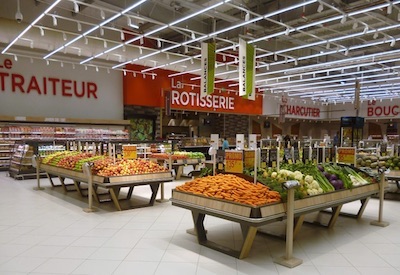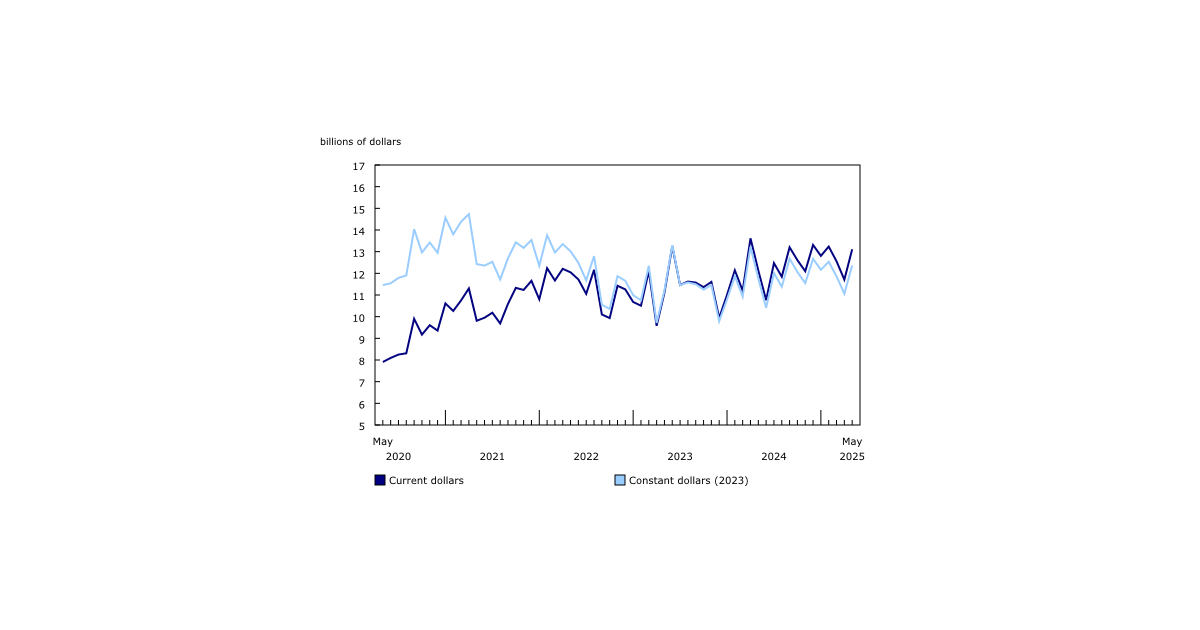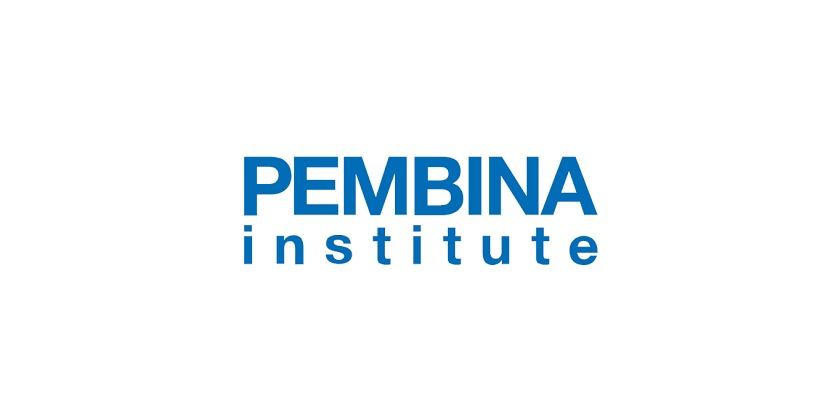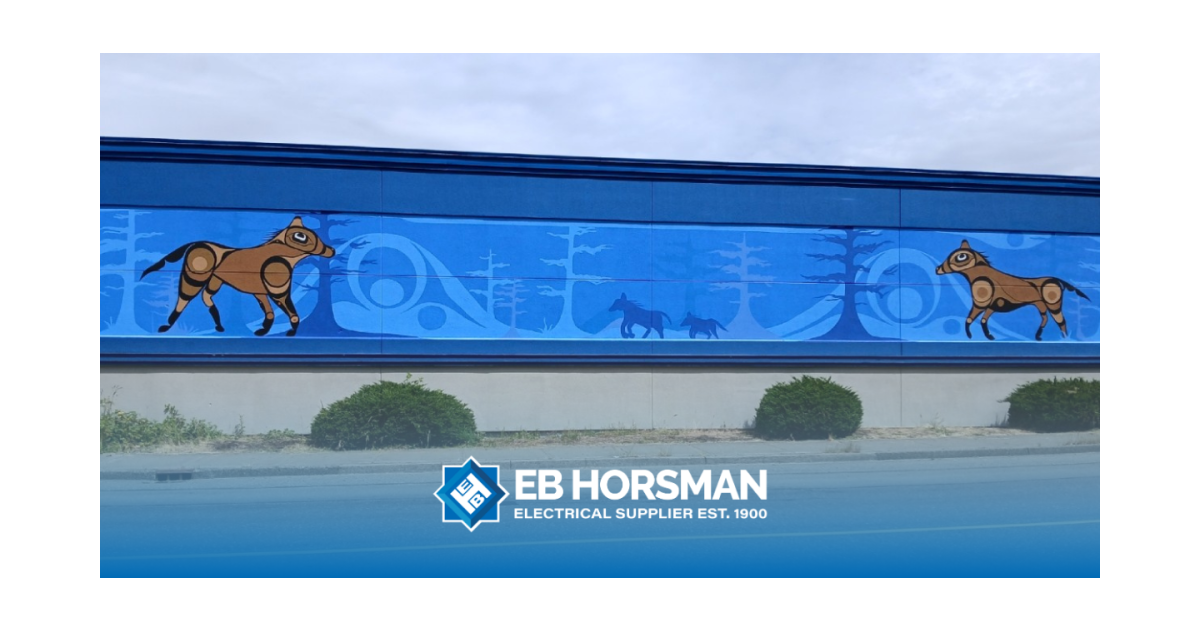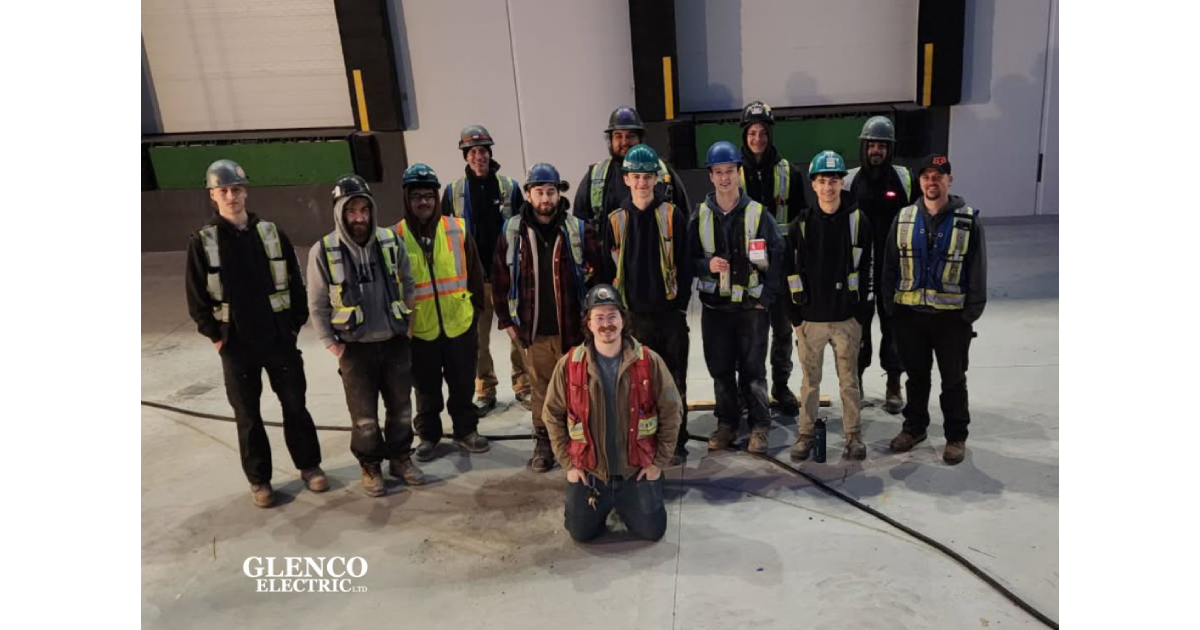Meeting Tomorrow’s Demands Through Precision Agriculture

Jan 5, 2019
By Darcy Simonis
In times past, farmers were at the mercy of the elements to determine a successful yield of crops. As the global population grows and consumer preferences evolve, today’s modern farmer must also consider the scarcity of natural resources, the threat of climate change and the growing problem of food waste. Here, Darcy Simonis, Industry Network Leader for food and beverage at ABB, explores the rise of the smart farm and the electrical considerations that accompany bringing farming into the digital age.
The oldest human industry has undergone a transformation like no other. The 1800s saw the use of chemical fertilizers, while farmers began to plan their work using satellites in the late 1900s. Today, the world needs to produce more food against a background of climate change, which is adversely affecting crop yields and encouraging crop diseases. So, how can we produce 70% more food to meet the needs of a growing population, while significantly reducing greenhouse gas emissions? Smart farming offers a solution.
Using remote sensors to avoid costly manual monitoring, informed decisions can be made using real time data. This allows farmers to manage their inputs, such as water and animal feeds, more effectively to increase yields while maintaining minimal labour costs.
In the last few decades we’ve seen the rise of indoor urbanized farming, the use of aquaponic farming, and a vast departure from the traditional field cattle farming of old. The Third Agricultural Revolution, which we are arguably in the midst of, is based upon IT solutions, the Internet of Things (IoT), robotics, sensors, and drones.
The use of robotics for repetitive tasks is a trend across many industries. In farming, farmbots are employed to perform once laborious manual tasks including seeding, planting, watering, weeding and harvesting. Farmdrones are also utilized for monitoring purposes and data on plant health and soil conditions are fed back into the system.
 When making significant upgrades to a system, power quality issues must be addressed. Although robotic systems and sensor networks have practical benefits, they often use electrical and electronic components that can introduce harmonic currents into electrical networks. If the harmonic levels in an electrical system are too high, this can cause load failure. To mitigate against power failure and unplanned downtime, ABB’s capacitors and filters product portfolio offers a range of solutions.
When making significant upgrades to a system, power quality issues must be addressed. Although robotic systems and sensor networks have practical benefits, they often use electrical and electronic components that can introduce harmonic currents into electrical networks. If the harmonic levels in an electrical system are too high, this can cause load failure. To mitigate against power failure and unplanned downtime, ABB’s capacitors and filters product portfolio offers a range of solutions.
In particular, the ABB PQF active filters tackle the problems caused by harmonic currents, load unbalance and reactive power demand, while offering a host of system benefits in low voltage networks. Compliance with the strictest power quality regulations is not something that farmers should overlook. ABB’s solutions are rigorously tested to ensure filtering efficiency and system reliability, so that smart farms can operate with uninterrupted systems for maximum productivity.
Smart farming has the power to increase yield and efficiency, raising overall productivity of the supply chain without requiring significantly more land investment. With this, farmers are able to reliably and sustainably produce yields to maintain the growing global population, without being at the mercy of increasingly unpredictable climates.
To discover ABB’s wide range of high, medium and low voltage capacitors and filters, visit their product area of the website and explore how to address power considerations that arise through smart farming.
Darcy Simonis is Industry Network Leader for food and beverage at ABB.




